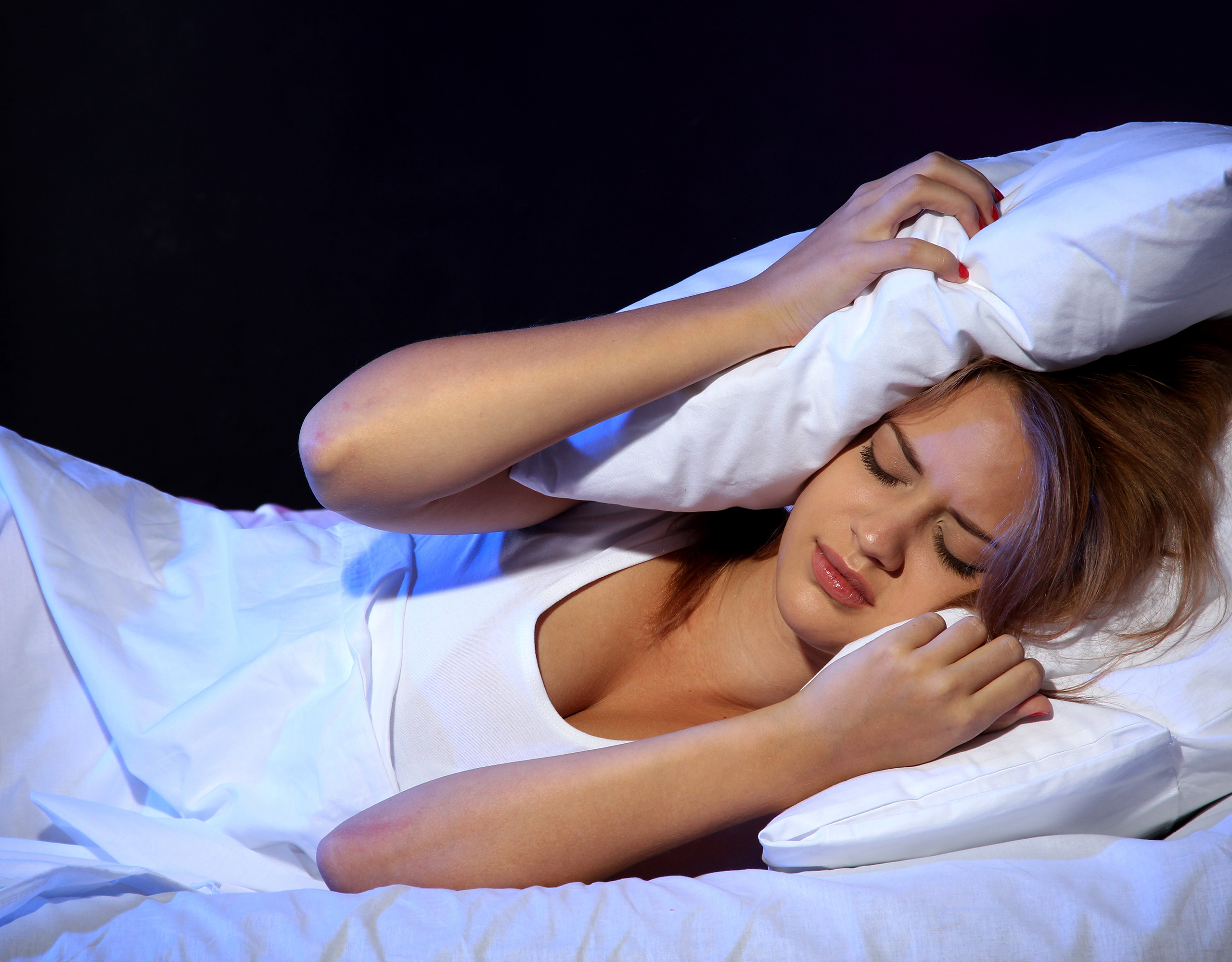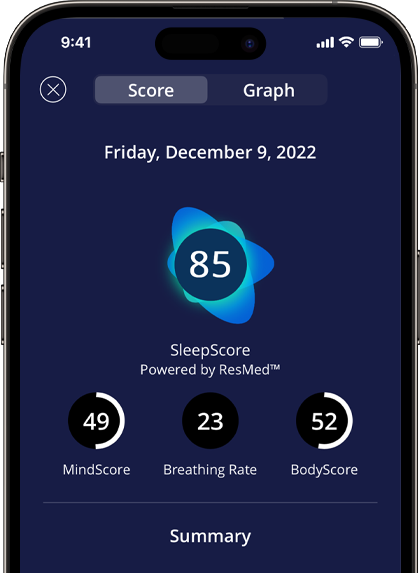Sleep And Sound: Fighting Noise and Sleep Disturbances

In today’s world, peace and quiet can be something of a rarity. The sound of neighbors laughing late into the night, your partner snoring, music playing from across the hall, a buzzing phone on the bedside table, a television left on— – there are an array of everyday noises that can disturb you and have detrimental effects given the importance of sleep on overall health. However, perfect silence isn’t always necessary or even desirable. Some sounds at night can actually enhance your sleep. Other sounds—a child crying, a smoke alarm ringing—are important to hear, even during sleep. If you’re anxious about the booming noise levels of the world around you, there are steps you can take to battle the noise pollution. The goal is to figure out how to protect against the unwanted and intrusive sounds, and how to stay asleep throughout the entire night.
How Does Noise Affect Your Sleep?
If you are wondering how to fall asleep fast, be aware that noise tends to be most disruptive during your light stages of sleep, which occur at the beginning of the night and in recurring periods throughout the night. It’s also possible for noises to rouse you from deep sleep and REM sleep. To get the sleep that you need, it’s important to protect your sleep environment against unwanted sound for the duration of your night’s rest. Noise at night can prevent you from falling asleep initially, and sounds during the night can wake you leaving you unable to return to sleep. Even noises that don’t wake you can have a detrimental effect on sleep quality. While you snooze, the sleeping brain continues to register and process sound. Noises can create restlessness in sleep even if they don’t wake you fully, and these interruptions affect sleep quality and the movement from lighter to deeper stages of sleep.
Other Noise Interruptions
Individual responses to nightly noise can vary significantly. If you are wondering why do I wake up at night to noises when others don’t, research suggest that certain patterns of activity in the brain are linked to a higher tolerance for noise during sleep. If your brain generates higher concentrations of sleep spindles—bursts of high-frequency brain waves—you demonstrate greater resistance to noise during sleep. Sleep spindles first occur during Stage 2 sleep, a phase of light sleep that composes nearly half of a typical night’s rest.
Familiar sounds (the ones that occur regularly in life that you give little attention to) tend to be less disruptive to your sleep than new or unusual sounds. This process of acclimating to sound is known as habituation and happens at night as well as during the day. People in cities fall asleep to the sounds of traffic every night—the same sounds that would likely keep rural dwellers wide awake. Reactions to sounds during sleep are also influenced by meaning and significance. Sounds indicating possible danger—even very quiet sounds, like the opening of a door—often will easily wake you from sleep. Hearing your children cry will most certainly cause you to wake almost instantly. These responses to noise are highly individual, and a sign of how deeply engaged the brain remains to external stimuli during sleep.
How to Soundproof Your Sleep
If sound interferes with your sleep at night and you are wondering how to sleep through the night and the noise, there are adjustments you can make to reduce and regulate noise in your bedroom.
- Insulate floors and windows: Carpets and floor coverings, along with curtains on the windows can help muffle noise from outside, and from other areas of the house. Keeping windows closed will also limit noise from outside.
- Silence electronics: To prevent indoor sounds, be sure to put all electronics on silent mode before you turn in for the night.
- Mask sound with white noise: White noise can help to block variable noises and provides constant, soothing sounds that can help you fall asleep and stay asleep throughout the night. White noise machines are designed for this purpose, but radio static, a running fan, or an air purifier can also provide this kind of mixed-frequency, pattern-less noise.
- Wear earplugs: When you can’t completely control the sounds around you, earplugs are the way to go. Earplugs are a comfortable and affordable way to limit noise disruption. When selecting earplugs, make sure they’re soft and flexible. Earplugs are rated at decibel levels. Be sure to select earplugs that rated at no higher than 32 decibels (dB). These will block noise but still allow you to hear sounds that are important, such as a child crying, or your morning alarm.
- Rember early morning sounds: A newspaper delivery, early traffic, or your neighbor’s dog can disrupt your sleep and shorten overall sleep time. In addition to making sure your sleep environment is quiet at bedtime, it also helps to protect against the intrusion of these early-morning noises.
Noise can undermine your sleep, but it doesn’t have to. Being aware of the noise-related disruptions to your sleep environment, having set bedtime rituals, and taking simple steps to guard against unwanted noise, can get you to a place of better, more enjoyable sleep.


